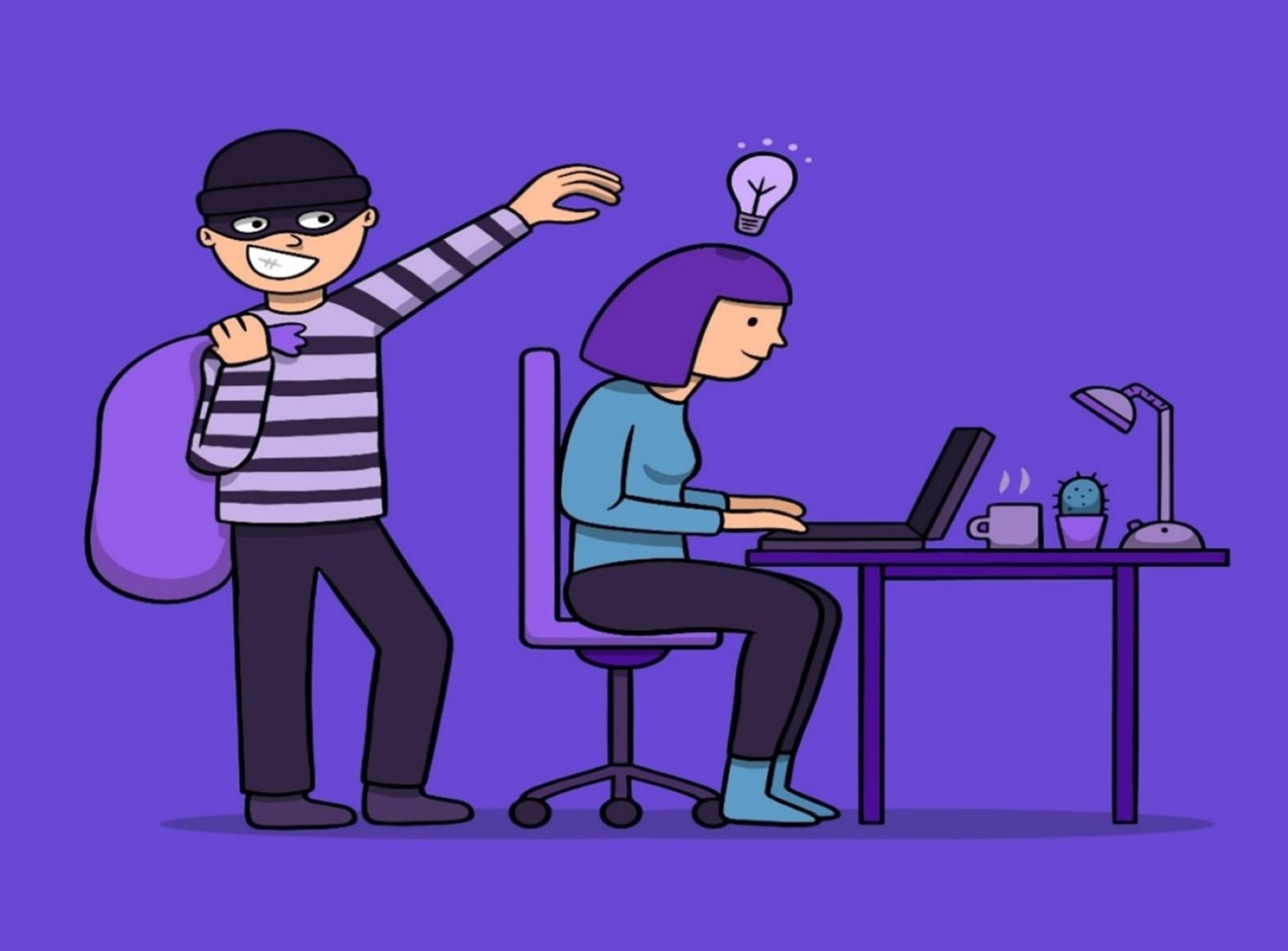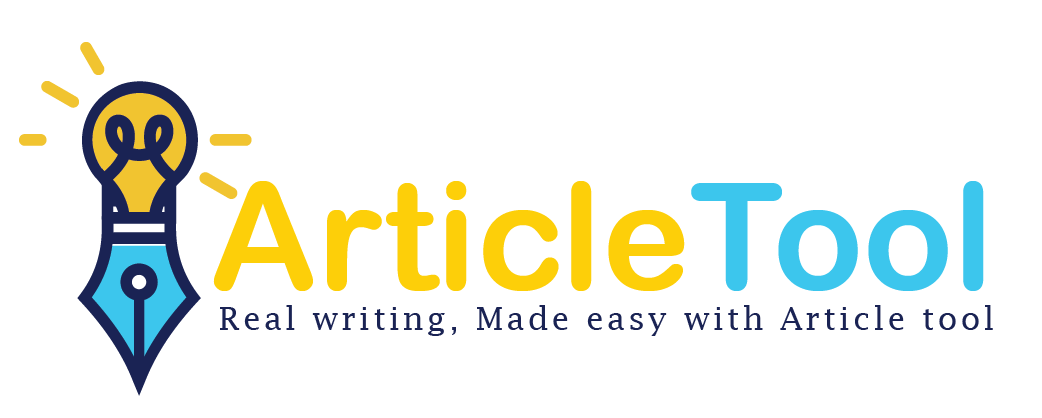Is Plagiarism Illegal?

Feb. 20, 2024
A very common question that arises, whether plagiarism is legal or not, in college writing courses, corporate boardrooms, and social media. This cannot be answered in one or two lines because of the extensive nature of the answer and can get very complicated. In fact, fully understanding the legal dynamics of plagiarism requires exploring a number of interrelated elements.
Merriam-Webster defines plagiarism as "the act of plagiarizing: the passing off of another's ideas, words, or work as one's own creation, and/or an intellectual property theft.".
This act involves even using someone else's work or invention without acknowledging the original owner. It is, in other words, plagiarism if it can be called a sort of literary theft, where the plagiarist deliberately adopts somebody else's creation as his or her own without considering ethical and legal principles.
Moreover, plagiarism encompasses the presentation of pre-existing ideas or products as novel and original, without acknowledging the true source from which they originated.
It is a practice that violates the very principle of intellectual honesty, integrity, and academic or creative authenticity. Whether plagiarism is deliberate or accidental, the repercussions can be extensive, from reputational harm to possible legal consequences.
It is important to recognize the rights others have with intellectual property. Proper use of referencing gives proper credit to whom credit is due and may serve to avoid passing off the work of another as one's own. The legal framework of Intellectual Property and Copyright laws within one's jurisdiction needs to be understood for actions to be ethical and legal.
Sanctions for plagiarism may be imposed by an educational institution or professional association and serve to underscore the gravity of plagiarism as an ethical matter in both academic and professional contexts. While plagiarism typically comes under the ambit of civil law, it is relevant to note that in specific situations where there are substantial commercial or financial ramifications, even criminal liability can attach to plagiarism.
Nurturing a culture of originality, integrity, and responsible engagement with other people's ideas and creations encourages creativity and innovation while avoiding the possibility of legal and ethical consequences of plagiarism. Observing the rights of intellectual property, therefore, requires proper attribution, which suggests an attitude of respect towards the intellectual contribution of others.
Legal Rules vs. Moral Principles
Plagiarism goes beyond legal considerations and is universally regarded as unethical. Regardless of whether it constitutes a criminal offense, the act of plagiarism is inherently fraudulent. It involves falsely representing someone else's ideas or words as one's own, deceiving others about the origin of intellectual work.
Claiming authorship of an idea or a set of wording that was not created by oneself is an act of deception and intellectual dishonesty. Presenting someone else's work as if it were original undermines the principles of honesty, integrity, and academic or professional ethics.
Although plagiarism is not illegal and, therefore, does not amount to any criminal offense, the aftermath of such might still be grave. Most institutions, industries, and organizations take plagiarism seriously; hence, they have policies put in place that provide addressing and punishment for plagiarism matters. The consequences may range from academic penalties, professional sanctions, reputational damage, and possible expulsion from that institution.
In the United States, there is quite some relation to plagiarism: criminal and civil law is used in discussions. Although some acts of plagiarism may contravene both criminal and civil laws, criminal charges already depend on particular circumstances and application of copyright law.
Another critical factor that contributes to determining the possibly criminal nature of plagiarism is copyright infringement. Where plagiarism has involved the unauthorized use of copyrighted material, depending on the extent and nature of the infringement, it may be subject to both legal and criminal action.
Whatever the legal implications or lack thereof, it needs to be understood that plagiarism, in itself, is highly unethical. Academic integrity, professional standards, and basic morality are violated when someone presents another person's thoughts or works as their own. The integrity of one's work and respect for the intellectual contribution of others should lie at the heart of ethical behavior in scholarly, professional, and creative pursuits.
Plagiarism Illegal In U.S.
Plagiarism is, in fact, illegal within the United States. Plagiarism does not have a sentence of imprisonment; however, it is a disregarding of the United States copyright laws. Copyright laws are Laws enacted to protect intellectual property and to prevent copying another individual's ideas or information without permission. This ranges from words written all the way to music, images, videos, and much more. Not giving proper credit to the original source is considered a violation of copyright laws because this would be plagiarism.
Even if it is revised, it may be considered a violation of the Copyright Act, provided that it can be proved to be substantially similar to the original. Punishment for plagiarism depends upon the length of the use of the copyrighted material. For example, plagiarism of some sentences may not be viewed as seriously as plagiarizing a whole book.
Cases of plagiarism are usually prosecuted as misdemeanors. Punishment can include fines of up to $50,000 and possible imprisonment of up to one year, depending on the case and seriousness of the offense. On the other hand, plagiarism is also considered a felony under some state and federal laws, which carries more than $250,000 in fines and ten years imprisonment where the plagiarist hypothetically realizes greater than $2,500 from copyrighted materials.
Contractual violation
Plagiarism can be not only an ethical but also a contractual offense. One who, by contract, has undertaken to perform a particular obligation and fails to do so may be the subject of legal action. A specific example would be when a company hires someone to write an original report, but the employee plagiarizes by using one that was written for another client. This is a clear violation of ethical standards, as well as an infringement of contract terms.
The consequences that an individual may have after breaking these types of agreements can vary, ranging from but not limited to losing one's job, and other plagiarism-based punishments stated within the contract.
Intellectual theft
In an academic context, plagiarism is subject to stringent policies implemented by universities and colleges. These policies outline the consequences that students may face upon being caught plagiarizing in their assignments. The range of punishments can vary and may include:
1. Failing the plagiarized assignment.
2. Failing the entire course.
3. Removal from a specific major or program.
4. Expulsion from the educational institution.
These punishments can be increasingly serious for multiple plagiarism policy violations. When plagiarism is egregious and flagrant, however, there can be a single punishment of immediate expulsion. The consequences of plagiarism for graduate students and those engaged in the production of public knowledge can be much worse. Among these are the withdrawal or an already-granted degree and possible legal actions, as mentioned above.
It is important to establish that institutions of learning embrace the culture of ensuring that academic integrity is upheld and a platform where originality and good morals are nurtured. Stringent plagiarism policies are put in place, and important in ensuring the concepts materialize and the value of educational credentials is protected.
Knowing and abiding by these policies are the guidelines that will help students keep a good academic standing and reputation. Showing respect for other people's intellectual property rights, proper citation of sources, and original work are basic practices that endeavor to cultivate a culture of academic honesty and integrity.
Conclusion: Preventing Plagiarism
safeguarding yourself from the consequences of plagiarism starts with a commitment to originality. Give credit where it's due to avoid any infringement. When incorporating others' ideas, ensure proper citation based on the specific requirements of your writing. Our user-friendly Plagiarism Checker, available at (Article Tool) , is an invaluable tool in maintaining authenticity. It analyzes your writing with precision, providing a comprehensive report that highlights any similarities to existing content.
By using (Article Tool), you can elevate your commitment to ethical writing and academic integrity. Our subscription-based tool offers an array of powerful features designed to enhance your writing process. From in-depth plagiarism detection to insightful writing suggestions, our tool equips you with the tools necessary for creating high-quality, original content. Remember, plagiarism is both unethical and, in certain cases, illegal. Take control of your writing with (Article Tool) and ensure the integrity of your work.
Image by Freepik
